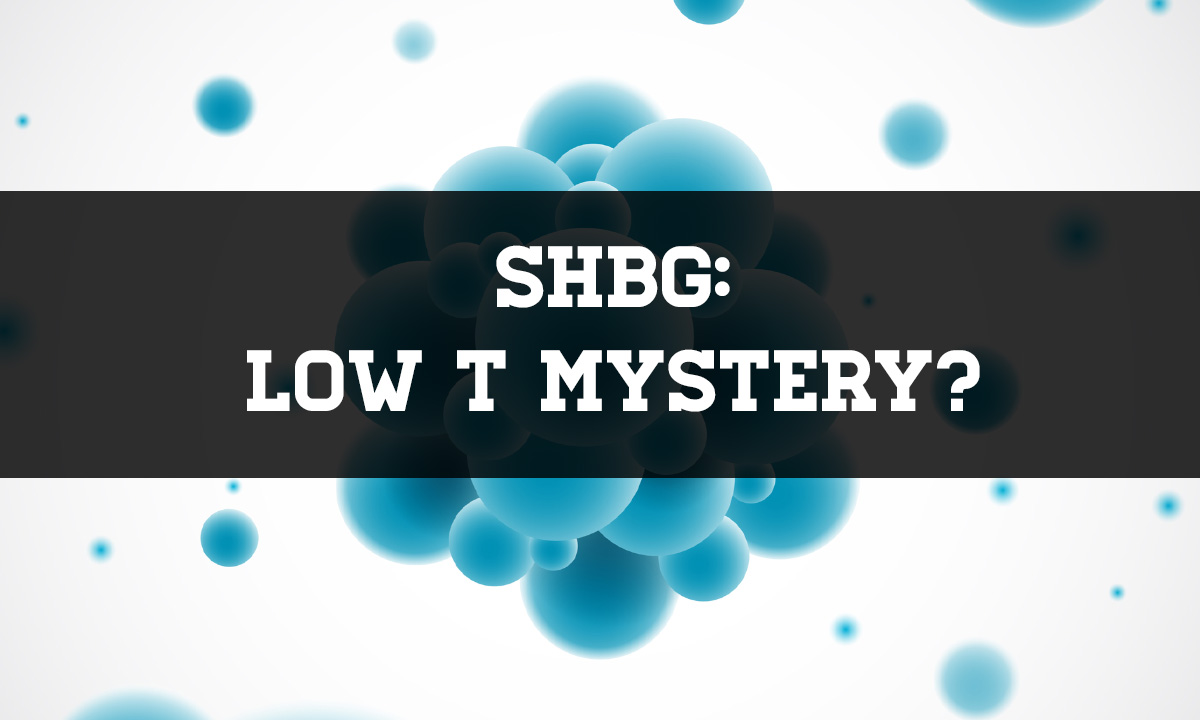Sex hormone-binding globulin (SHBG) is a protein that binds to the sex hormones testosterone and estrogen. Binding these hormones help control their release from the body’s tissues into the bloodstream. SHBG also transports other substances in the blood such as cholesterol, triglycerides, and thyroid hormones.
The level of SHBG can have a profound effect on your hormonal levels. For example, high levels of SHBG may limit testosterone production by preventing testosterone from being released from male testes or female ovaries. In addition to its effects on sex hormones, this protein also has an impact on other aspects of health including cardiovascular disease risk factors such as obesity and insulin resistance.
Low levels of SHBG may reduce its beneficial effects on cholesterol and triglycerides.
See the video from Dr. Ullis that explains this mystery molecule and how it relates to hormone health.
What is Sex Hormone Binding Globulin (SHBG)?
The term “sex hormone” refers to testosterone, estrogen, or other reproductive hormones that promote sexual development and function in both men and women.
In the body, sex hormones are bound together with a protein called sex hormone-binding globulin (SHBG).
In men, this binding helps regulate their production of testosterone to maintain sex drive as well as muscle mass. In women, it regulates fertility as well as the menstrual cycle. SHBG also affects the health consequences of sex hormones such as cardiovascular diseases and cancers related to obesity or hormones.
Blood Test
When testing your estrogen and testosterone levels, often you will find carriers and medical professionals ignoring this mystery molecule.
If SHBG is not measured, then you’ll not gain an accurate read on your hormonal levels.
So if SHBG is ignored, what tests determine sex hormone levels?
Usually, total testosterone and estradiol (estrogen) will be tested.
The result for these two hormones alone does not paint the full picture of your hormonal health because it includes inactive forms and excludes actual active and bioavailable concentrations.
As a result, many people with low testosterone levels may actually have normal levels in this situation but become deficient once they discover their true numbers after testing SHBG.
SHBG Levels
Here’s how it works…
SHBG is responsible for carrying testosterone, estrogen, and other hormones in the blood.
If you have high levels of SHBG, it binds to excess hormones that are floating around in your system. This means these molecules will be removed from the body via urination or defecation instead of being used for hormone signaling.
This also means less active forms of certain sex hormones are available to cells within their target tissues.
Estrogen has a significant impact on how cells behave because it controls genes necessary for reproduction as well as cellular growth and maintenance. When there is too much SHGB binding with estradiol causing low “free” concentrations of this hormone, then this can lead to breast cancer and other types of cancers that require estrogen receptors for growth.
On the flip side, testosterone is responsible for maintaining an erection, semen production in men, sex drive, sperm maturation, and a number of other functions associated with a man’s virility.
When there are low levels of SHBG available to transport testosterone, then this can lead to erectile dysfunction and inhibited sexual function in both sexes.
Reduction of Free Testosterone
If you consume a high carbohydrate diet, then it can reduce your levels of free testosterone due to increased amounts of SHBG. If your body does not require insulin for glucose uptake and metabolism (i.e. you’re not diabetic), then this is less likely to occur.
On the other hand, low-carb diets may increase your available sex hormone-binding globulin (SHBG) concentrations because they actually slow down the rate at which carbohydrates are absorbed and metabolized in the liver. This causes less glycemia and reduced need for insulin production which can cause reduced synthesis of SHBG in liver cells.
You’ll find some of the top testosterone boosters on the market like this one here, will often contain ingredients to help combat higher SHBG levels.
Often illegal steroids will create more problems with SHBG which is why you should never look anabolic steroids and instead look toward using these all-natural legal steroid supplements.
Increased Binding Capacity
In addition, low carbohydrate intake increases sex hormone-binding globulin (SHBG) production in the liver which means more SHBG can bind to increased testosterone. The end result is a slowed-down metabolism and fat storage potential.
This may help reduce cardiovascular disease risk by maintaining higher concentrations of available testosterone within target tissues such as muscle and bone.
However, it should be noted that men with already existing kidney damage will need to limit their protein intake or face further kidney impairment from elevated blood urea levels which are associated with reduced glomerular filtration rates which could trigger further damage to kidneys over time.
Conclusion
To conclude, SHBG is a protein that binds to sex hormones in the blood. It can inhibit or facilitate hormone release and has an impact on hormonal levels.
If you are experiencing symptoms of low testosterone like decreased muscle mass, mood swings, reduced concentration, erectile dysfunction etc., it’s important for your doctor to evaluate your overall health including any possible contributory factors such as medication interactions or subclinical thyroid disease before prescribing treatment with medications which may have significant side effects.
Speak with them about lifestyle changes first so they can determine what steps will work best for you.

